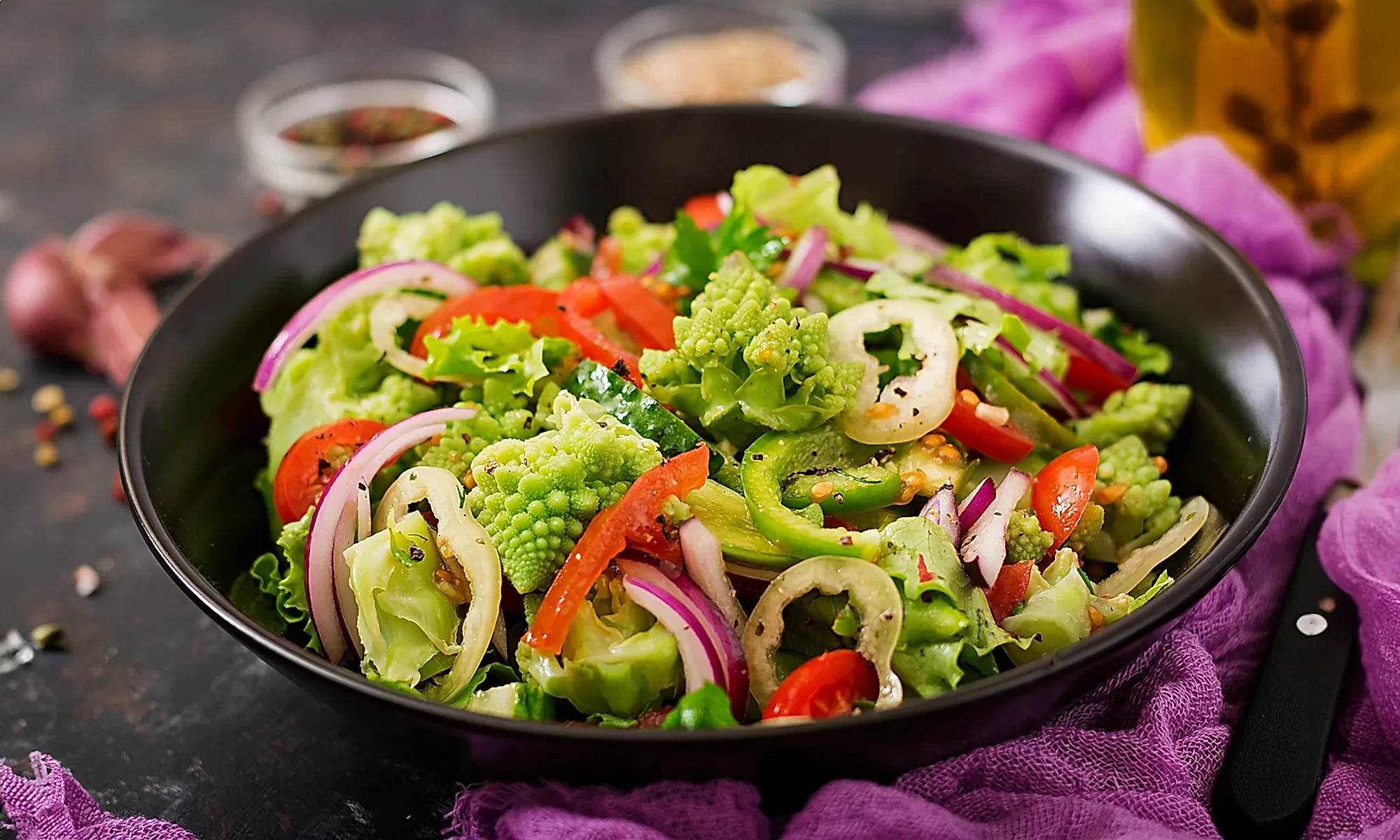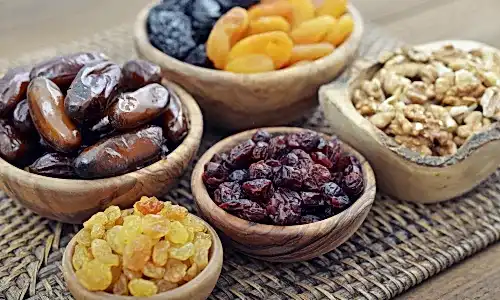Introduced by Nutrition Biochemist Dr. T. Colin Campbell in the 1980s, plant-based eating has gained significant popularity in recent years. According to The Good Institute’s research, sales of plant-based food products have risen by 27% since 2020, reaching a record $7 billion. However, plant-based diets are often confused with vegetarianism and veganism.
What Are the Differences?
The fundamental difference between vegetarian, vegan, and plant-based diets lies in the motivations behind them, which can be ethical, environmental, or health-focused.
Vegetarianism avoids meat products, rooted in opposition to the concept of animal killing for food. Eggs and dairy are usually allowed as they do not involve directly harming animals.
Veganism excludes all animal products, motivated by opposing harm and exploitation of animals. Many vegans also limit processed foods and fat intake, which aligns them with plant-based eating for health reasons.
Plant-Based Eating focuses primarily on health benefits and involves mostly plant-based foods. While small amounts of animal products may be consumed, plant-based eating often minimizes or excludes animal and processed foods. This diet is rich in vitamins, minerals, fiber, and antioxidants, with low saturated fats, making it a highly nutritious choice.
Benefits of Plant-Based Nutrition
Plant-based foods are lower in calories and high in fiber, promoting satiety and aiding in weight management. Additionally, plant-based diets can contribute to environmental sustainability, as animal farming is a leading cause of greenhouse gas emissions, deforestation, and water pollution.
Foods to Eat and Avoid on a Plant-Based Diet
Recommended Foods:
- Vegetables: Cabbage, spinach, collards, sweet potatoes, bell peppers, broccoli, and chard.
- Fruits: Avocado, strawberries, blueberries, watermelon, apples, grapes, bananas, grapefruit, and oranges.
- Whole Grains: Quinoa, whole grains, brown rice, and whole-wheat products.
- Nuts: Walnuts, almonds, cashews, and hazelnuts.
- Seeds: Flax seeds, hemp seeds, chia seeds, and quinoa.
- Legumes: Beans, lentils, and chickpeas.
- Beverages: Coffee and herbal teas (green tea, lavender tea, chamomile tea, ginger tea).
Foods to Avoid:
- Dairy Products: Milk, cheese, yogurt.
- Meat and Poultry: Beef, chicken, pork.
- Processed Meats: Sausages, bacon.
- All Animal Products (for vegan-based individuals): Including eggs and honey.
- Refined Foods: White pasta, rice, and white bread.
- Sugary Foods and Drinks: Cookies, cakes, sodas, and fruit juices.
- Fried Foods: High-fat foods like French fries.
Conclusion
Plant-based nutrition can offer a sustainable and health-focused approach that aligns with a balanced diet. While many variations exist, focusing on minimally processed, nutrient-dense foods is key for a healthy plant-based lifestyle.




